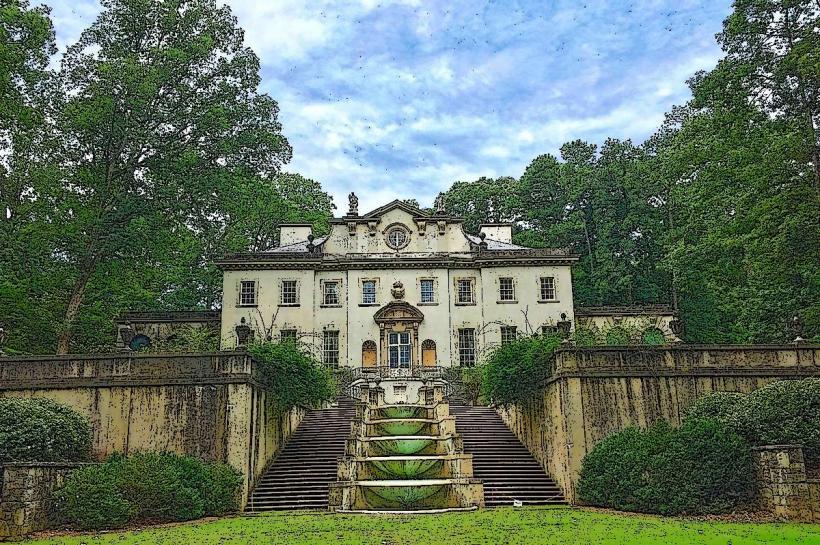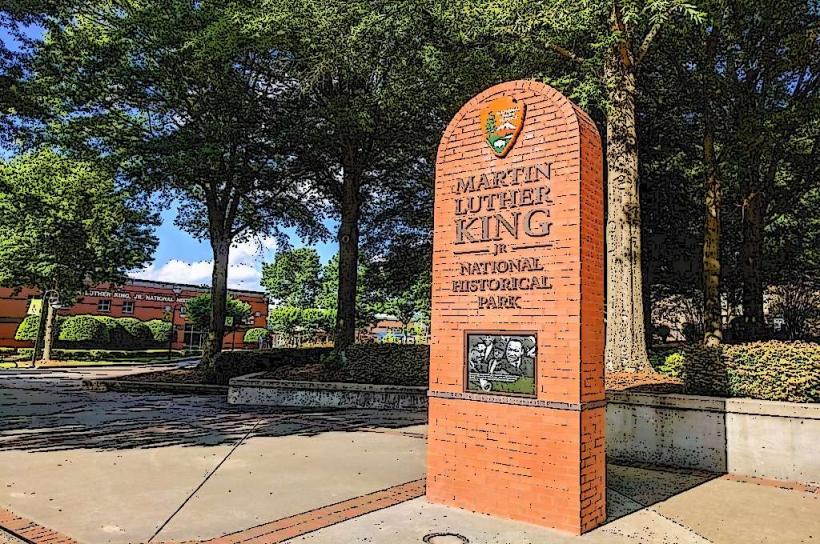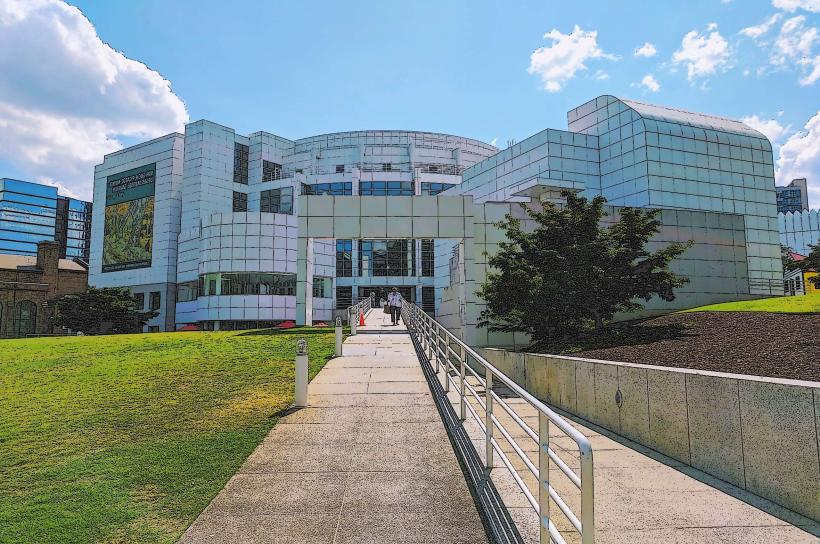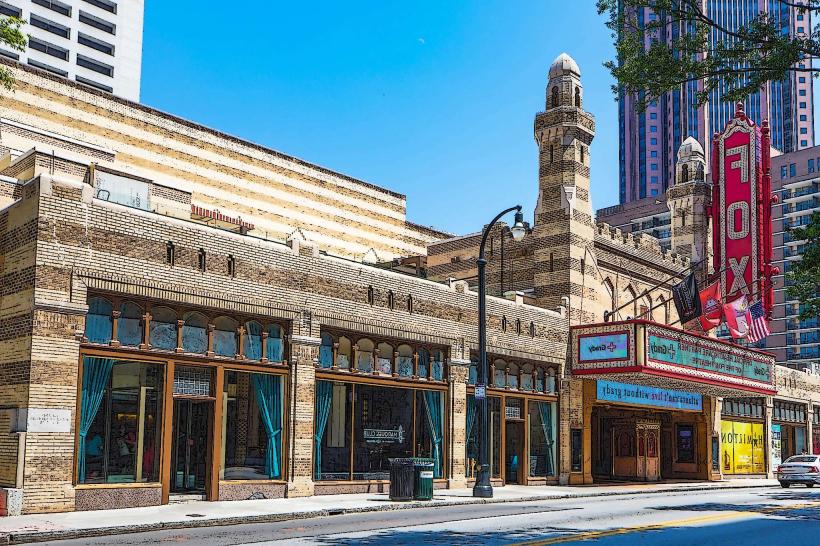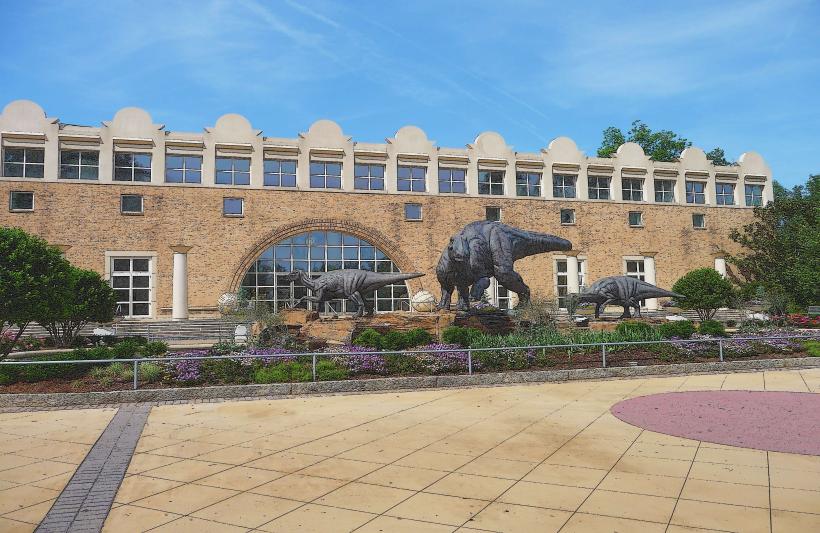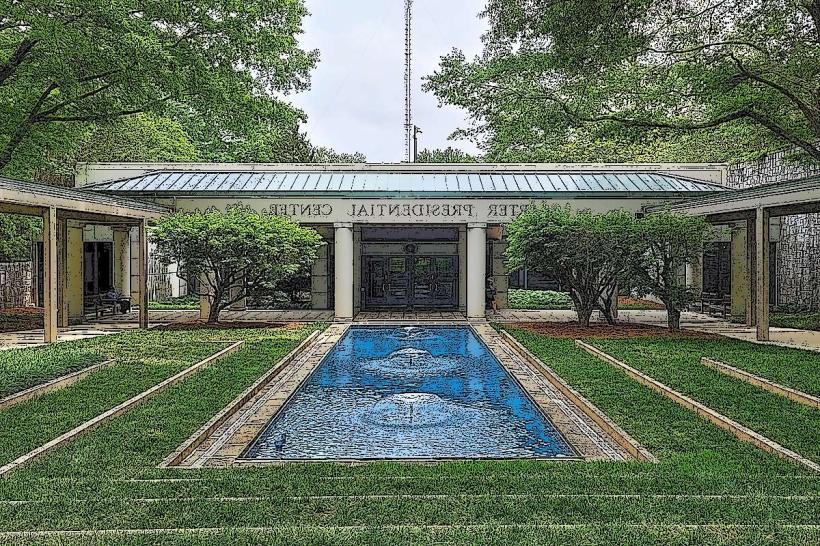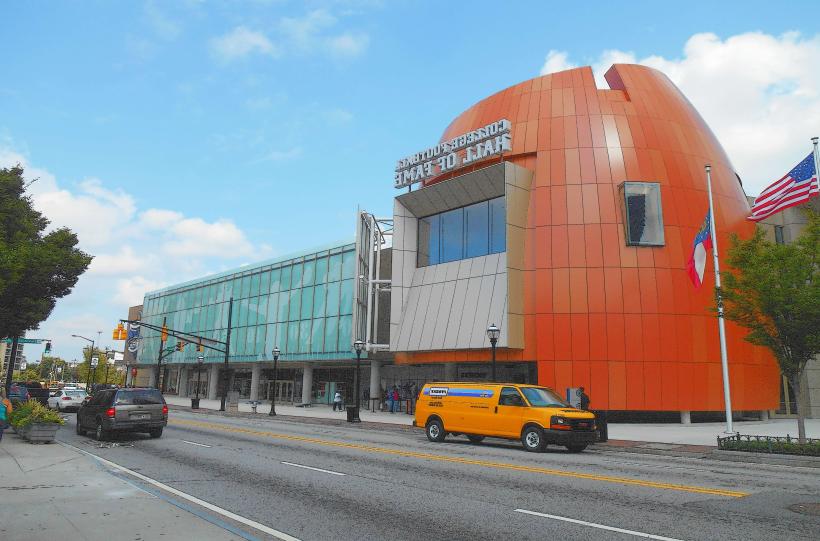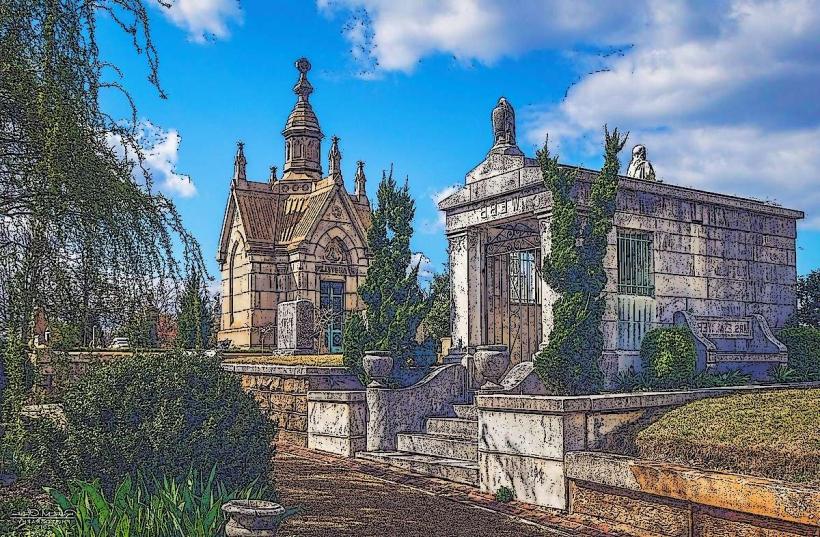Information
Landmark: Swan HouseCity: Atlanta
Country: USA Georgia
Continent: North America
Swan House, Atlanta, USA Georgia, North America
Swan House is a historic mansion located in Atlanta, Georgia, USA. It was constructed between 1926 and 1928.
Visual Characteristics
The house is a 3-story, 45-room Georgian-style mansion constructed of white limestone. It features a symmetrical facade with a central portico supported by four Ionic columns. The roof is slate, and the windows are multi-paned. The property includes formal gardens and a reflecting pool.
Location & Access Logistics
Swan House is situated at 130 West Paces Ferry Road NW, Atlanta, GA 30305. It is approximately 5 kilometers north of the Atlanta city center. Access is via West Paces Ferry Road. Parking is available on-site for visitors. Public transport options include MARTA bus lines that stop near the address.
Historical & Ecological Origin
Swan House was designed by architect Philip Trammell Shutze for Edward and Emily Inman. It was built as a private residence. The property was later acquired by the Atlanta Historical Society.
Key Highlights & Activities
Visitors can tour the interior of the house, which is furnished with period pieces. The formal gardens are accessible for exploration. Photography of the exterior and gardens is permitted.
Infrastructure & Amenities
Restrooms are available within the visitor center. Limited shade is provided by trees in the gardens. Cell phone signal (4G/5G) is generally available. Food vendors are not present on-site, but dining options are available in the nearby Buckhead district.
Best Time to Visit
For optimal lighting on the exterior, visit in the morning or late afternoon. The gardens are most accessible and pleasant during spring and fall months. Interior tours are available year-round during operating hours.
Facts & Legends
The house's name originates from the swan motif found throughout the original interior design and the reflecting pool, which was intended to resemble a swan's neck.
Nearby Landmarks
- Atlanta History Center (0.1km West)
- The Governor's Mansion (1.2km Northwest)
- Buckhead Village District (1.5km South)
- Piedmont Park (4.0km Southeast)





